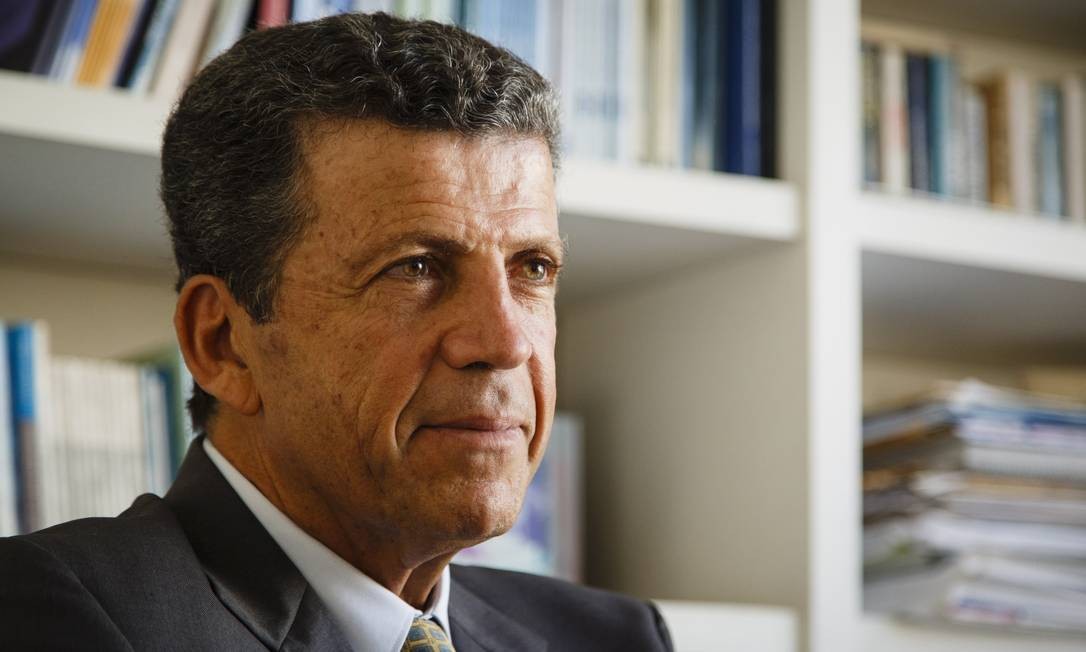RIO DE JANEIRO, BRAZIL – (CNN Brasil) Economist Cláudio Frischtak is considered one of the biggest names in Brazil when it comes to infrastructure. Founder of the international business consulting firm Inter.B and one of the people in charge of the World Bank’s industry and energy area for seven years, he does not see room for the State to promote growth in Brazil, something that is occurring in the United States and Europe.

According to him, the current government has also failed to create a relationship of trust with investors and the current interventionism of President Jair Bolsonaro might further delay a recovery.
Moreover, the economist doesn’t perceive fiscal room for the State to assume a role that private initiative, out of concern with the pandemic and the future of the economy, still doesn’t want. The state as a growth engine was something that ex-president Luiz Inácio Lula da Silva advocated in a speech this week.
Frischtak sees the economy growing at 3% in 2021 as a result of the statistical inheritance, which is a kind of boost left over from the last quarter from year to year. Since activity in the fourth quarter was stronger than in the preceding ones, even if the GDP quarterly result is stagnant, we will still have a positive GDP. However, in order to grow above this in the coming years, reforms and privatizations will be necessary.
The complete interview is below:
Brazil is currently posting an investment rate of around 16% of GDP. Economists believe this should increase to at least 22%. How can this be increased?
It is not something voluntary. It is not enough for the government to decide that the rate is going to be 22% or 23%. The basic conditions for this to occur need to be created. It is no use just saying that we will invest more and increase government spending. The experience of the PAC (Growth Acceleration Program), for instance, was very negative.
But is there room for increasing public investment, as ex-president Lula recently said?
Ex-president Lula is wrong in this respect. It is not that we can’t increase public investment. It is possible, but the fiscal room is tight. In theory, you can increase in some areas to reduce bottlenecks or invest with very high social returns. But when he did this in his first term, in 2003, he had a very strong fiscal adjustment plan. Ex-minister Antonio Palocci and the ex-president of the Central Bank played a brilliant role with their teams to adjust the accounts to the new conditions. Therefore, reforms are needed.
There was not a word about fiscal adjustment in his speech.
He can talk about public investment, but if he is elected the game will need to be different. What room does he have? The State has clear limitations. If you do not comply with these limitations and believe that an act of magic and voluntarism is enough, you will have an even greater increase in the dollar immediately thereafter. Long-term interest rates will also spike. And this will affect investment. It will be completely counterproductive. We have already learned this in practice.
How do you perceive the economy in 2021? Will we see a rebound?
I believe that it will be a very difficult year for our economy. There will be growth because of a statistical inheritance, which is significant. This inheritance will allow Brazil to grow by 3%. But in the absence of this inheritance, we are going to see near stagnation in 2021. And it is unclear what is going to happen in 2022. President Bolsonaro is now saying that the vaccine is the weapon, but he should have figured this out at least 6 months ago.
There are concerns from several economists about the return of populism. What is your opinion?
There is a real risk of populism. All players are watching very carefully and interventions in Banco do Brasil, Petrobras and all the fluctuations that are an outcome of this.
We are witnessing a rise in commodities and a rebound in global economies with state investment, as is the case of the United States. Can we expect better years ahead?
It is true that this year will be a year of global recovery. The American economy should grow 7% and China will also experience strong growth. So will the European Union. But next year we will likely see a cooling off after this strong upswing. Still, the trend is upwards. Commodity prices should reflect this recovery cycle. For Brazil it is good, both in the agricultural and mining sectors. Our economy will benefit from this.
Can we consider a new “commodities boom”, even if at a smaller scale than in the early 2000s? How can we capitalize on this?
We need to return to normality and the government needs to have composure. Yes, we have to approve a fiscal program with consistency and with foundations. The government’s position is modest in relation to this issue. We need to pass an administrative reform that applies to current and new public employees. Tax reform is also needed. We must put an end to the tremendous distortions we have in Brazil. We need an agenda to normalize relations with the rest of the world. Otherwise, we are going to miss this boom. We need a normal government.
Source: CNN Brasil

